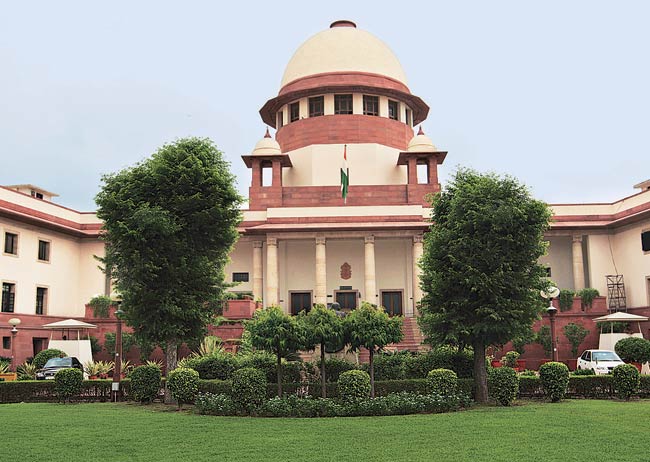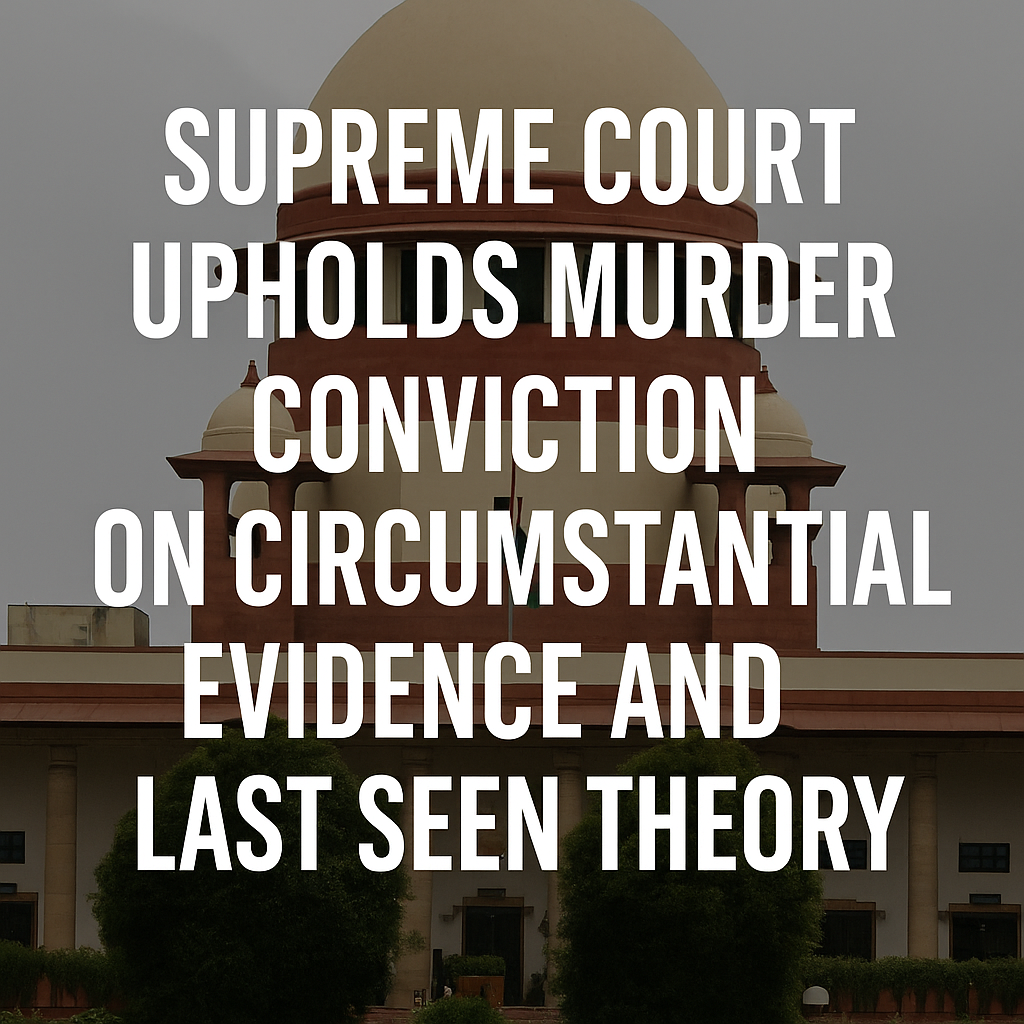The Supreme Court ruled that “the thumb rule of interpretation is that the document forming a written contract should be read as a whole and so far as possible as mutually explanatory” The Arbitral Tribunal has no power to widen the meaning of the express terms of the contract by applying the principle of liberal construction. In the case on hand, the Contract contains a clause that in case of any addition/reduction in cost due to change in law, the same will be compensated. The Contractor claimed compensation on the ground of increase in High Speed Diesel prices. It is the claim of the Contractor that change of price of High Speed Diesel amounts to change in law. But, it is the contention of the company that change in prices of High Speed Diesel is not by way of any law and hence the same cannot be an event on account of change in Law. The Arbitral Tribunal concluded in favour of the Contractor. Appeal U/s.34 also dismissed. But, the High Court setaside the award in a Revision U/s.37 of Arbitration and Conciliation Act, 1996. The High Court opined that the above clause in the Contract is almost a Force Majeure clause and the Contractor cannot take advantage of the such clause for mere price fluctuation and further held that “…I am of the firm view that clause 23 was inserted in the agreement to meet such uncertain and unforeseen
eventualities and certainly not for revising a fixed rate of contract. I also find that both parties had agreed to keep “force majeure” clause in the agreement. Under this doctrine of commercial law, a contract agreement can be rescinded for acts of God, etc. Under clause 44.3 of the agreement, ‘force majeure” has been clearly defined, which includes acts and regulations of the Government to rescind a contract. In this way, clause 23 is very close and akin to the “force majeure clause”. Besides this, I may also declare that clause 23 is pari materia to the “doctrine of frustration and supervening impossibility”. In other words, under clause 23 rights and obligations of both the parties have been saved due to any change in the existing law or enactment of a new law or on the ground of new interpretation of the existing law. In my opinion, clause 23 must have been made a part of the agreement keeping in mind section 56 of the Indian Contract Act, 1872 sans any other intention.”
The above decision of the High Court has been challenged before the Apex Court and the Apex Court upheld the judgment of the High Court. The Supreme Court framed a question that “the question in the present case is whether the interpretation provided to the contract in the award of the Tribunal was reasonable and fair, so that the same passes the muster under Section 34 of the Arbitration Act?” and answered in favour of the Company and against the finding of the Arbitral Tribunal. It held that ” the interpretation of Clause 23 of the Contract by the Arbitral Tribunal, to provide a wide interpretation cannot be accepted, as the thumb rule of interpretation is that the document forming a written contract should be read as a whole and so far as possible as mutually explanatory. In the case at hand, this basic rule was ignored by the Tribunal while interpreting the clause” It further held that “It can be said that the contract was based on a fixed rate. The party, before entering the tender process, entered the contract after mitigating the risk of such an increase. If the purpose of the tender was to limit the risks of price variations, then the interpretation placed by the Arbitral Tribunal cannot be said to be possible one, as it would completely defeat the explicit wordings and purpose of the contract. There is no gainsaying that there will be price fluctuations which a prudent contractor would have taken into margin, while bidding in the tender. Such price fluctuations cannot be brought under Clause 23 unless specific language points to the inclusion.
31. The interpretation of the Arbitral Tribunal to expand the meaning of Clause 23 to include change in rate of HSD is not a possible interpretation of this contract, as the appellant did not introduce any evidence which proves the same”
Though the Supreme Court has confirmed the Judgment of the High Court, it has not subscribed any views upon the view of the High Court regarding Force Majeure and Frustration of Contract.





More Stories
The Apex Court on the Validity of Last Seen Theory and Forensic Evidence in Criminal Convictions
The Court is not bound to follow statute or rules of evidence while deciding the custody of a Child and the only consideration should be the welfare and well-being of the child- Supreme Court Reiterated
When the Agreement specifies particular type/mode of constitution of Arbitral Tribunal, the same should be followed in strict sense- Supreme Court clarified.